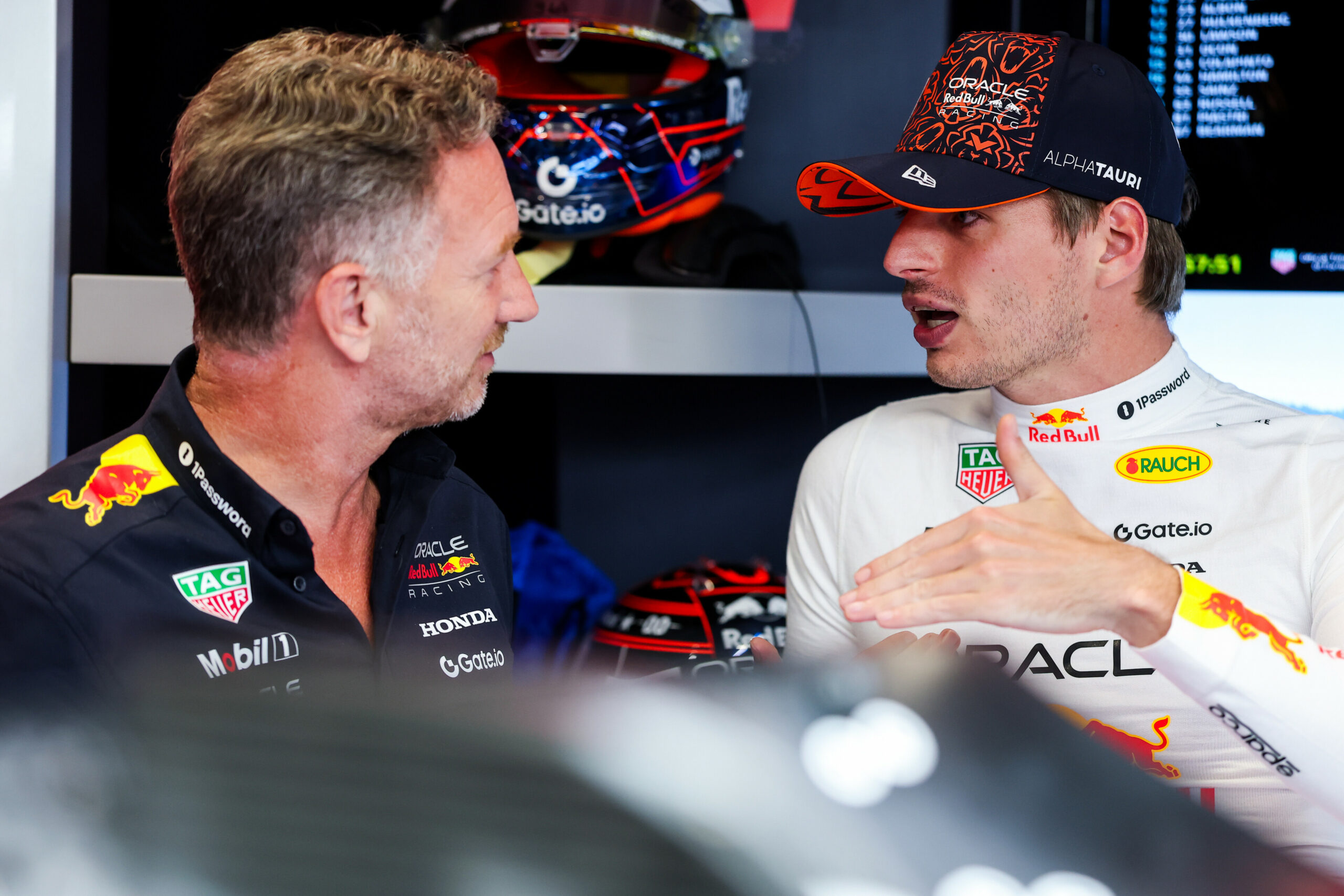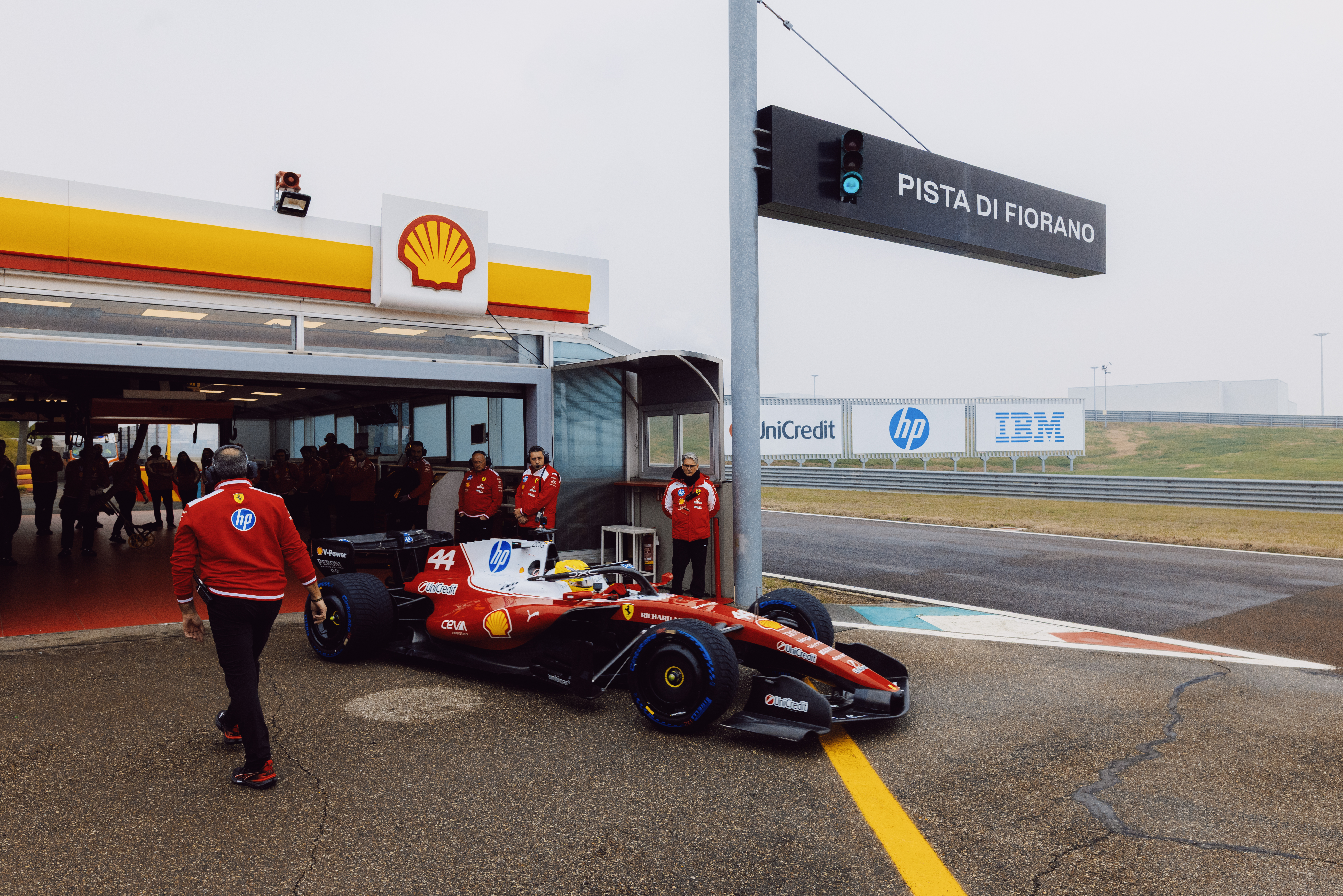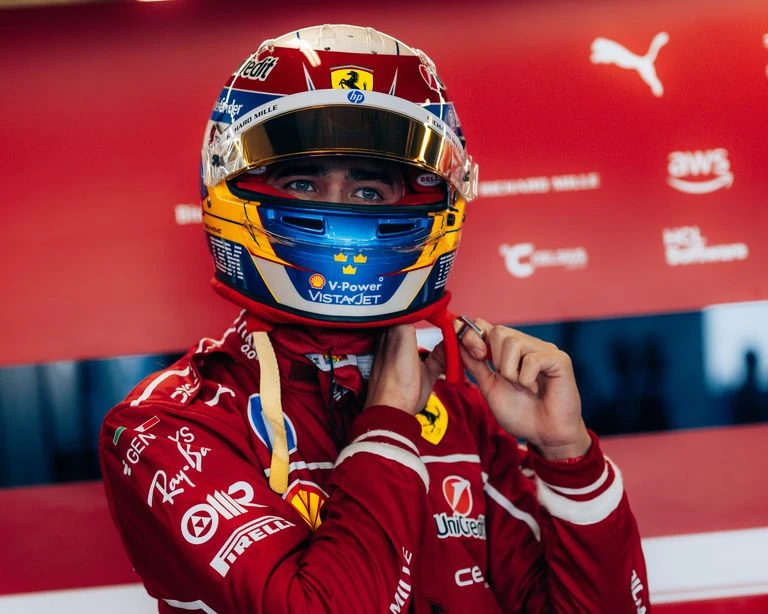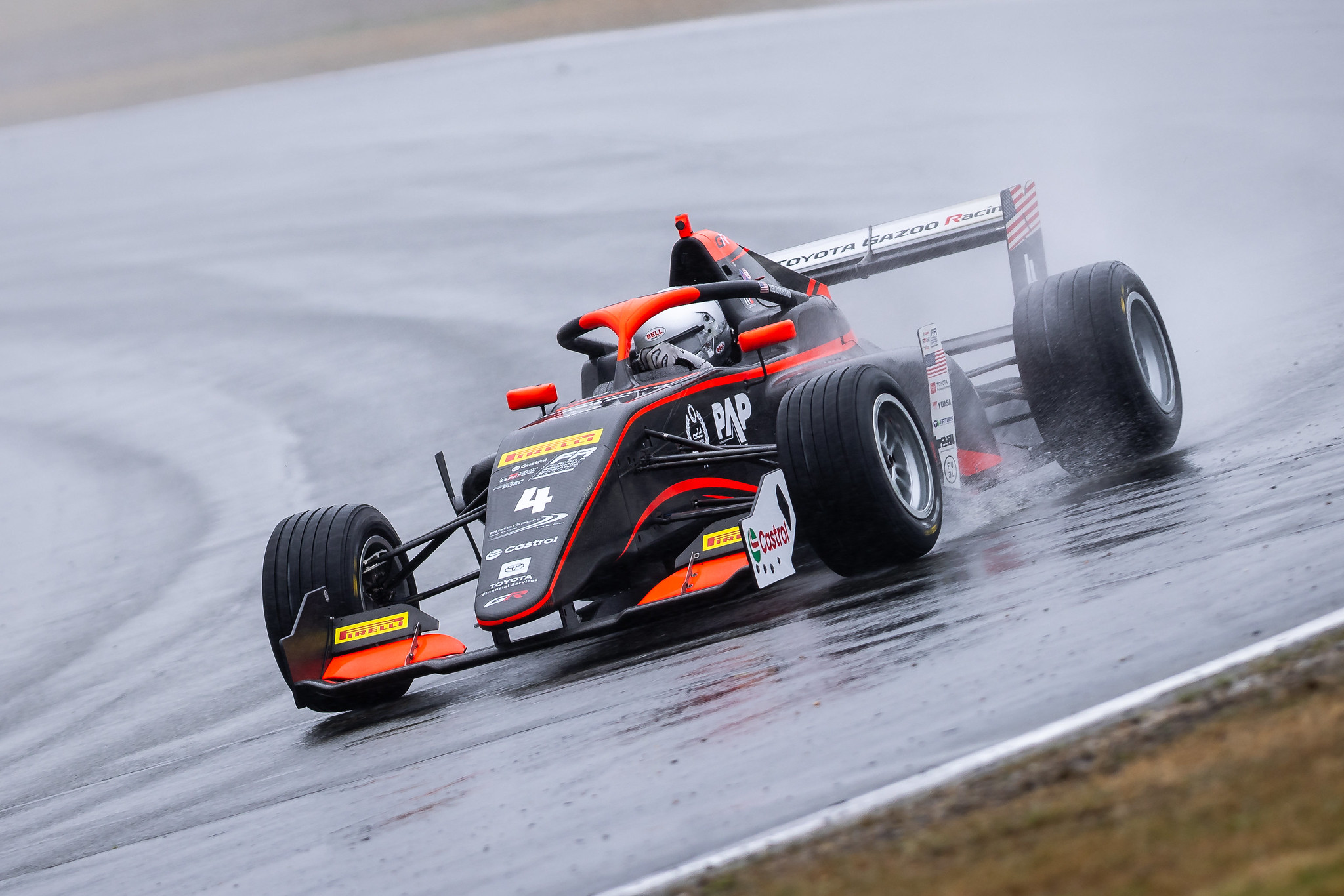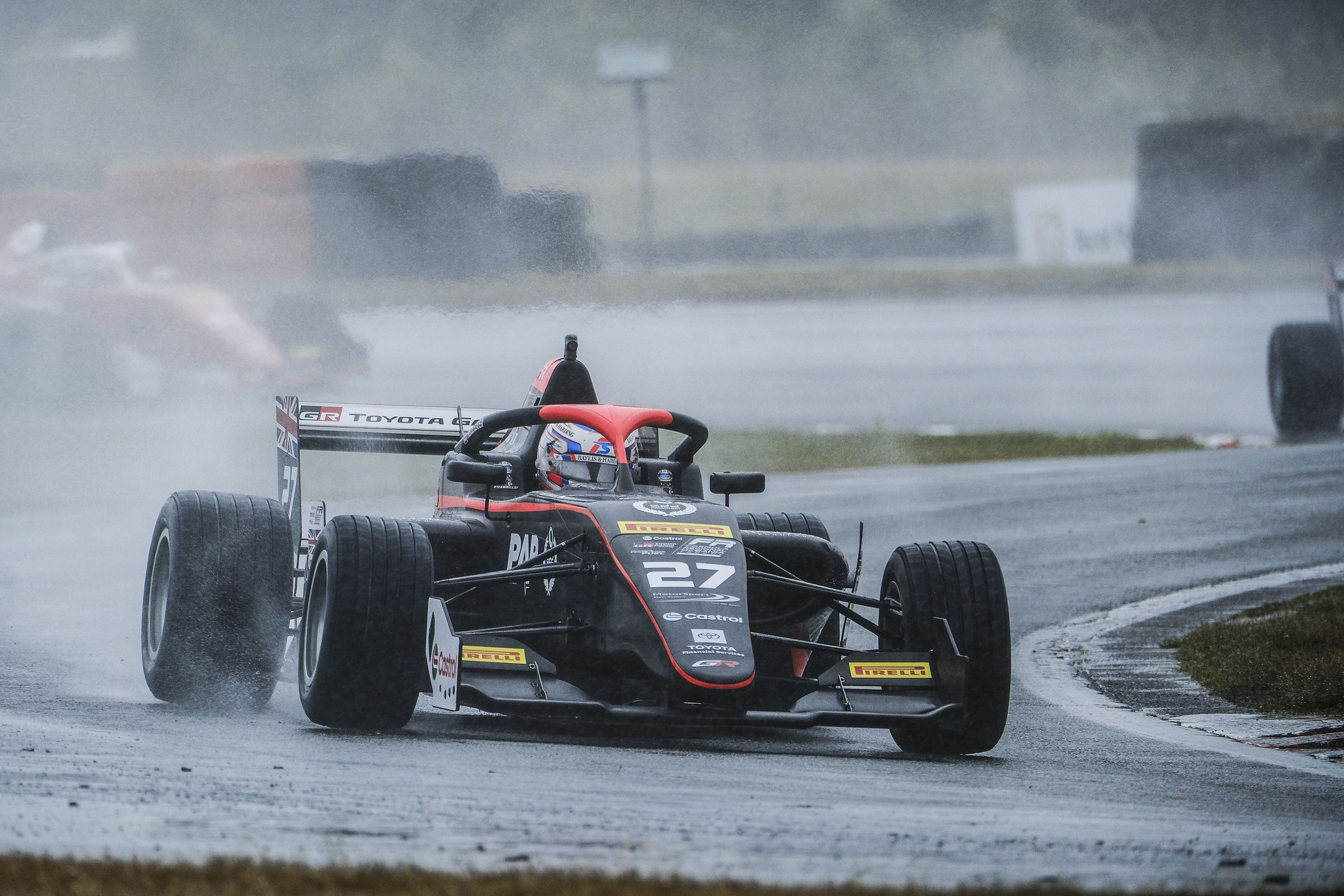As the 2025 F1 Belgian GP got underway at the Circuit de Spa-Francorchamps, former F1 driver and broadcaster Martin Brundle addressed the high-profile departure of Christian Horner from Red Bull Racing. Speaking on air to Sky Sports, Brundle provided fresh insight into the circumstances surrounding Horner’s dismissal, following two decades at the helm of the Milton Keynes-based team. His exit comes during a turbulent period for Red Bull Racing, both internally and on track, with McLaren Racing now leading both the 2025 Drivers’ and Teams’ Championships.
Decision came from Austria, not Verstappen camp
Despite widespread speculation surrounding the nature of Horner’s departure, Brundle made clear that the decision originated from senior management in Austria, rather than as a result of pressure from either Max or Jos Verstappen.
“I’ve had a long chat with Christian [Horner], I’ve spoken to Jos Verstappen, we heard from Max Verstappen, I put a request in to talk to Oliver Mintzlaff and Dr Helmut Marko here, that hasn’t happened yet, but it seems clear that it was a decision from Austria, it wasn’t the Verstappens asking for this.”
A reclamation of control
While tensions between Jos Verstappen and Horner are well-documented, Brundle emphasised that the elder Verstappen’s criticisms were not the direct cause of Horner’s dismissal. Instead, he noted a shift in the balance of control within the Red Bull organisation, particularly on the commercial side of the operation.
“I mean, Jos Verstappen’s thrown a lot of hand grenades in in the past 16 months, some of them gone off. He made it clear, he thought that Christian should move on from time to time, but it wasn’t about the Verstappens, it was the management in Austria wanting to take back control of some of the commercial side of it.”
Brundle went on to highlight Horner’s resistance to relinquishing control over core areas of the team’s operation—ranging from driver management and staff oversight to budget and sponsorship decisions. While Max Verstappen could theoretically have used his influence to intervene, Brundle suggested the reigning World Champion chose not to.
“Christian didn’t want to let that go, because he felt in the round, the drivers, the cost cap, the sponsors, the employment of people was all one big story that he wanted to keep hold of, and so they made that decision. I mean, presumably Max could have, if he’d have wanted to, stop it from happening, but he either chose not to or couldn’t. I’m going to assume he chose not to stop Christian being let go. So, they are where they find themselves today.”
However, while speaking to written media during the Thursday media day ahead of the 2025 Belgian GP, Max Verstappen gave his thoughts on Horner’s departure, emphasising that while he had had discussions with the shareholders, he had chosen to accept their decision, believing such matters to be outside his purview as driver.
Brand identity and internal shift
Brundle also speculated that the move to part ways with Horner may have stemmed from a broader desire within Red Bull to reposition the team’s identity. With controversy continuing to follow the team principal in recent months, Brundle suggested that his ongoing prominence may have detracted from the brand itself.
“They have an expression, it’s all about the can, and they felt that they wanted to do something with Red Bull going forward. Maybe it was a bit too much about Christian and not enough about Red Bull, I’ll wait to see what they say about that.”
End of an era
While Brundle acknowledged the complexity and number of potential factors behind the departure of Horner ahead of the 2025 Belgian GP, he also reflected on the personal weight of the moment for the former team boss, who has been part of the F1 paddock with Red Bull since its inception in 2005.
“So there are any number of factors, but I’d imagine Christian sitting at home watching this first time, not in the paddock for 20 years, feeling pretty sad about it.”
Now facing life without Horner’s leadership, Red Bull F1 enters a period of considerable transition—both structurally and competitively. With questions still hanging over its future direction, including ongoing speculation over Verstappen’s contract and Mercedes’ interest, the team must now navigate the remainder of the 2025 season amid growing pressure to restore stability both on and off the track.

